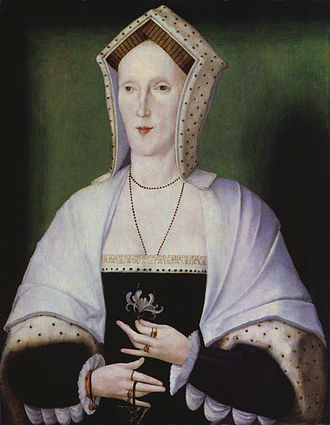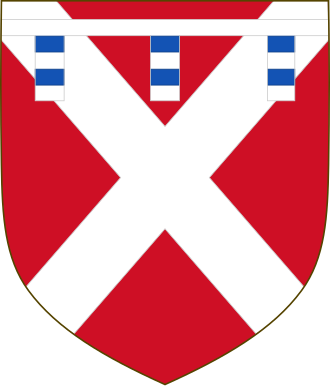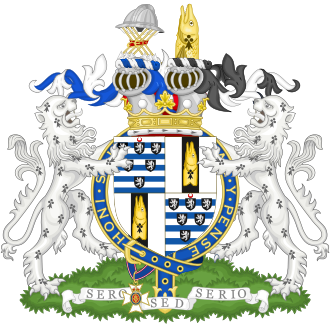Salisbury Last Name Origin, History, and Meaning
Where did the surname Salisbury come from? What does the surname Salisbury mean? Discover the history and meaning of the last name Salisbury and family migration on YourRoots Map.
Surname Salisbury Origin: What does the last name Salisbury mean?
The surname Salisbury has its roots in England, with records dating back to the early 11th century. It is closely associated with English history from the medieval period to the 18th century. Over time, the Salisbury surname has spread globally, with significant presence in the United States, Canada, Australia, and South Africa by the 20th century.
YourRoots data confirms the longstanding presence of the Salisbury surname in the United Kingdom since the early 11th century. As the centuries progressed, the surname expanded to other countries, indicating its global reach. Today, the Salisbury surname can be found in various regions worldwide, showcasing a diverse and extensive heritage that has transcended borders and cultures over time.
Salisbury Last Name History: Where did the last name Salisbury come from?
Origin of Salisbury Surname: Where does the last name Salisbury originate from?
According to YourRoots data, the surname Salisbury first appeared in records from England around the early 11th century. Please note that this reflects only YourRoots data for the exact Salisbury spelling and does not include other record sources or surname variations.
History of the Last Name Salisbury: What does the Salisbury surname history look like in the early days?
The Salisbury surname remained closely associated with England from the 11th to the 18th centuries. YourRoots data also shows Salisbury family records in the United States, indicating global spread over the centuries.
Global Spread: Where can we find the Salisbury surname today?
By the 20th century, the volume of records with the Salisbury surname grew significantly in the United States. The Salisbury surname remains prominent in the United States. It appears in many countries, including those like England, Canada, Australia, and South Africa.
Explore Salisbury last name heritage and Salisbury surname origin based on YourRoots Map data
 VIEW THE ORIGIN OF SURNAME SALISBURY
VIEW THE ORIGIN OF SURNAME SALISBURYFamous People With Salisbury Surame?

Margaret Pole, Countess of Salisbury
Margaret Plantagenet, Countess of Salisbury (14 Aug 1473 – 27 May 1541) was a significant figure in 16th-century England. She was the daughter of George Plantagenet, Duke of Clarence, and Isabel Neville, making her a member of the House of Plantagenet. Margaret was executed by King Henry VIII and later beatified as a martyr by Pope Leo XIII. She was the mother of Reginald Pole, the last Catholic Archbishop of Canterbury. Despite her tragic end, Margaret's noble lineage and connections to the Wars of the Roses make her a fascinating historical figure.

Benjamin Salisbury
Benjamin David Salisbury (born Oct 19, 1980) is an American actor and dancer known for his role as Brighton Sheffield on the CBS sitcom The Nanny. He began his acting career at a young age and later won a Young Artist Award for his work on the show. Salisbury has also appeared in films like Captain Ron and D3: The Mighty Ducks. Outside of acting, he has worked in various roles, including as an intern for a House minority leader and as the director of operations at Universal Studios Hollywood. Salisbury is married with three children and even competed on Jeopardy! with other teen celebrities.

Richard Neville, 5th Earl of Salisbury
Richard Neville, 5th Earl of Salisbury KG PC (1400 – 31 Dec 1460) was an English nobleman who supported the House of York during the Wars of the Roses. He was the father of Richard Neville, 16th Earl of Warwick, known as the "Kingmaker." Salisbury's marriage to Alice Montagu brought him significant estates, and he served as Warden of the West March. His role in the Neville family feud and support for the Yorkist cause shaped his legacy in English history.

Marquess of Salisbury
Robert Arthur Talbot Gascoyne-Cecil (Feb 3, 1830 – Aug 22, 1903) was known as the 3rd Marquess of Salisbury, a prominent British politician who served as Prime Minister three times in the late 19th and early 20th centuries. He was a key figure in British political life and foreign policy during a time of great expansion of the British Empire. Lord Salisbury is remembered for his policy of "splendid isolation," keeping Great Britain out of European affairs and alliances. Despite declining offers for a dukedom, he held various high-ranking government positions and was known for his staunch Conservative views. His legacy continues to influence British politics to this day.

Earl of Salisbury
Robert Cecil (June 1, 1563 – May 24, 1612) was an English statesman who served as the 1st Earl of Salisbury. He was a close advisor to King James I and Queen Elizabeth I, known for his political influence and diplomatic skills. Cecil played a key role in shaping English foreign policy and government administration during a pivotal period in British history. His legacy as a skilled politician and strategist continues to be studied and admired by historians and political analysts.
All images displayed on this page are sourced from Wikipedia or Wikimedia Commons.We use these images under their respective Creative Commons or public domain licenses. Wherever applicable, author attributions and license information are provided. If you believe an image is used incorrectly or outside its license terms, please contact us so that we can review and correct the issue.




.png)